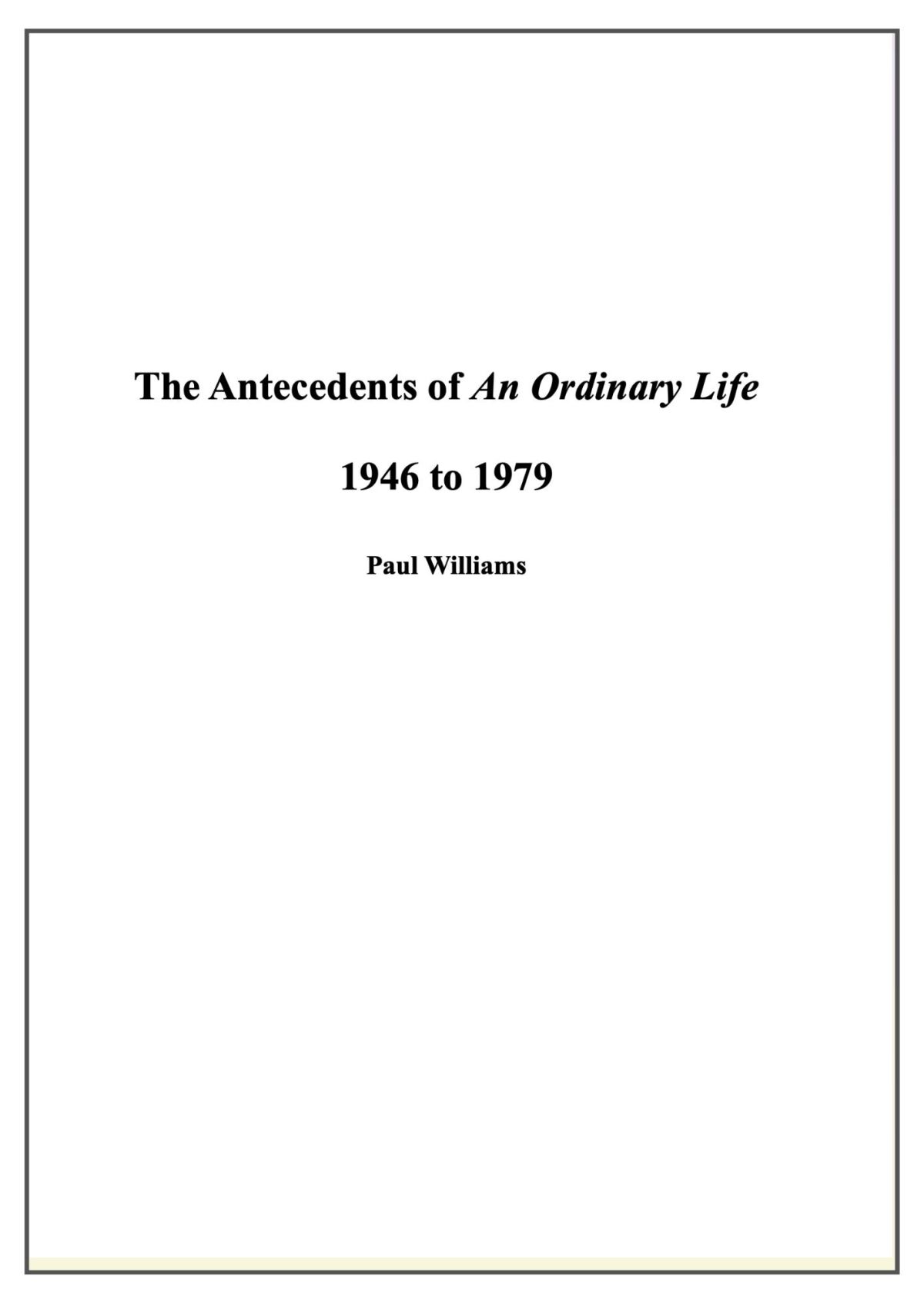Deinstitutionalisation and the Ordinary Life movement emerged from a long history of reform.
Author: Paul Williams
From the Introduction:
The first large residences specifically for people with learning disabilities, called hospitals or asylums, were opened in the 19th century. At the beginning of the 20th century there were around 5000 people living in them (Tizard, 1958). At that time alarm grew that people with learning disabilities if left to their own devices were a threat to society, prone to criminality and anti-social behaviour and likely to perpetuate this social problem if they had children. In 1913 a Mental Deficiency Act was passed in parliament. It proposed the establishment of many more institutions in which people could be compulsorily detained if they exhibited unsocial behaviour or if their families requested it.
The period from then until the 1950s saw a great increase in the numbers receiving institutional care, reaching a peak of 60,000. The residences were mainly run by local authorities and were often called colonies as well as hospitals. A body called the Board of Control was established by the 1913 Act to set and administer rules and regulations governing these institutions and to carry out inspections. One of the best accounts of this period, which includes a first-hand account of what life was like in one institution, is Atkinson, Jackson and Walmsley (1997); see also Walmsley (2008).
David Towell (2022) has written an account of developments that transformed this situation in the period 1980 to 2001, rightly emphasising the catalytic role of the King's Fund through its 'Ordinary Life' initiatives (King’s Fund Centre, 1980; Towell, 1988). This paper outlines some of the key events in the previous four decades that laid the groundwork for the almost complete replacement of large institutional provision by small community-based facilities after 1980.
Read and download the free pdf in your browser, link below.

The publisher is Citizen Network Research. The Antecedents of An Ordinary Life 1946 - 1979 © Paul Williams 2024.
children and families, Deinstitutionalisation, disability, Inclusion, intellectual disabilities, social care, England, USA, Paper